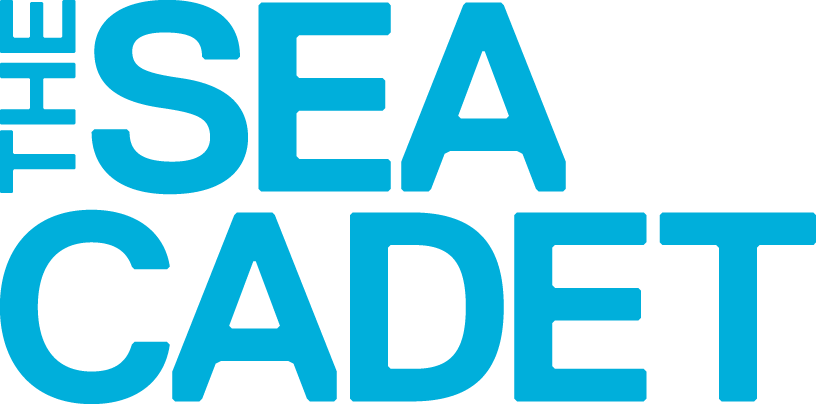Volunteer spotlight: working with young people
A new training course will help our volunteers to pass on their knowledge and inspire cadets

Whether you’re a seasoned volunteer or just getting started, our new course can help you to create an environment where everyone can communicate effectively, and you have a real impact on young people’s lives.
With input from a working group of volunteers, Sea Cadets has developed a new training course, Working with Young People. Volunteers will be supported to provide the best experience for young people so that cadets get
the most out of their time with us.
New volunteers: getting started
You will have access to new, dynamic content on the DLE (Defence Learning Environment) about what working with young people looks like at Sea Cadets, along with examples of good practice. These ‘Foundation’ modules will equip you with a basic toolkit of practical skills to support you with how to work effectively with young people at a basic level. There are three modules, looking at how you can:
‘Shape’ the environment
‘Connect’ and
‘Communicate’ with young people
The course helps our new volunteers build skills in relating to young people, listening and communicating, and some basic tools for planning and delivering sessions.
Existing volunteers: growing your skills
For our more experienced volunteers, we are providing self-directed learning on the DLE so you can develop your skills. These ‘Beyond Foundation’ modules provide learning opportunities in more specific areas, including how to inspire young people, promote development, manage challenging behaviour, and more. The Foundation Core Module can also be used by long-serving volunteers, helping to improve your knowledge base or upskill in the area of working with young people.
How the training will be delivered
This will be done through a ‘blended’ approach. The three modules are delivered face to face (but can be delivered live and online), and supplemented by self-directed learning on the DLE. The new training has been designed in line with external research from the education and youth work sectors, but we have created specific resources about how our training programmes are structured within Sea Cadets.

What volunteers are saying about the training
A phased rollout of the new course started in October and has already received some incredible feedback….
“I’ve found the whole thing really eye-opening”
“The structure and delivery of the Shape/Connect/Communicate modules was just right”
“The course has really helped me to gain confidence in my volunteer role within Sea Cadets”
“Entertaining and fun”
“Enjoyable – good activities”
Please check the Training and Admin website for updates on when the course will be available in your area.
More Advice

The Sea Cadets guide to drill
Good drill is at the heart of Sea Cadets’ community presence and is crucial for developing self-discipline, confidence and morale. As we approach the peak of drill competition season, we take tips and advice from two of 2025’s national champions: Petty Officer Cadet Charlie of Poole Unit (Best Squad Commander and Unarmed Squad) and Able Cadet Charlie of Warsash Unit (Commander of the winning Continuity Team).


